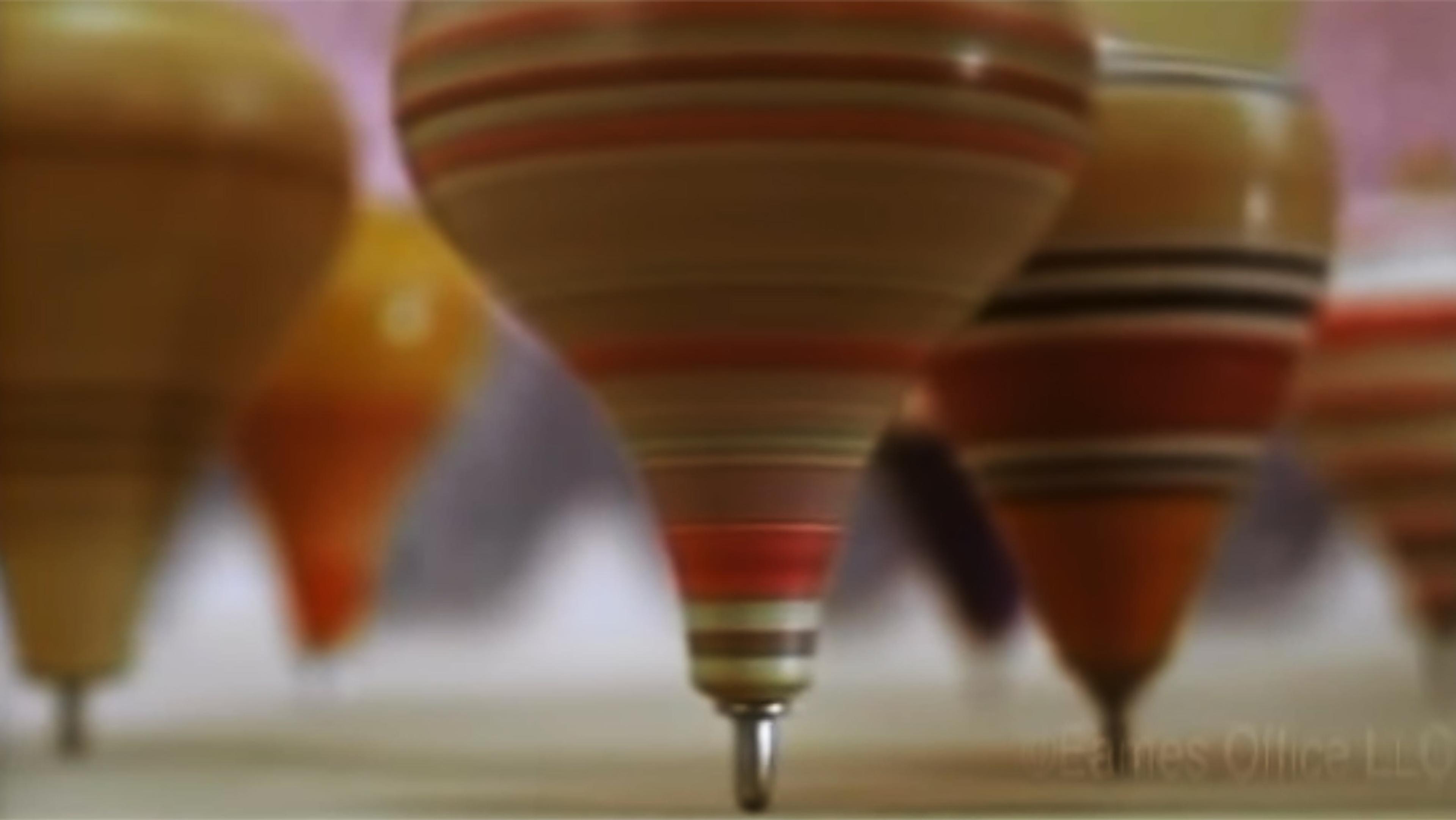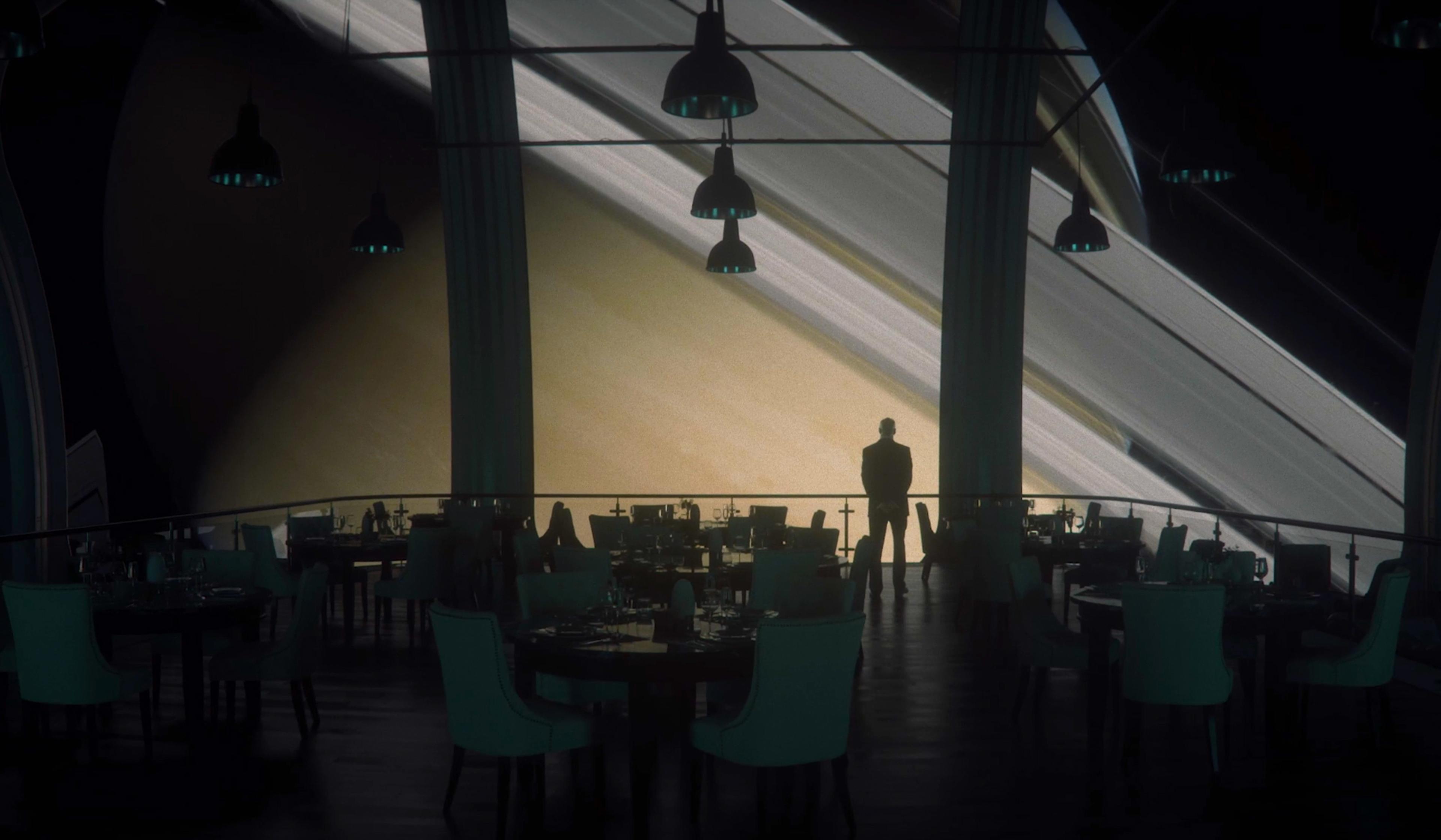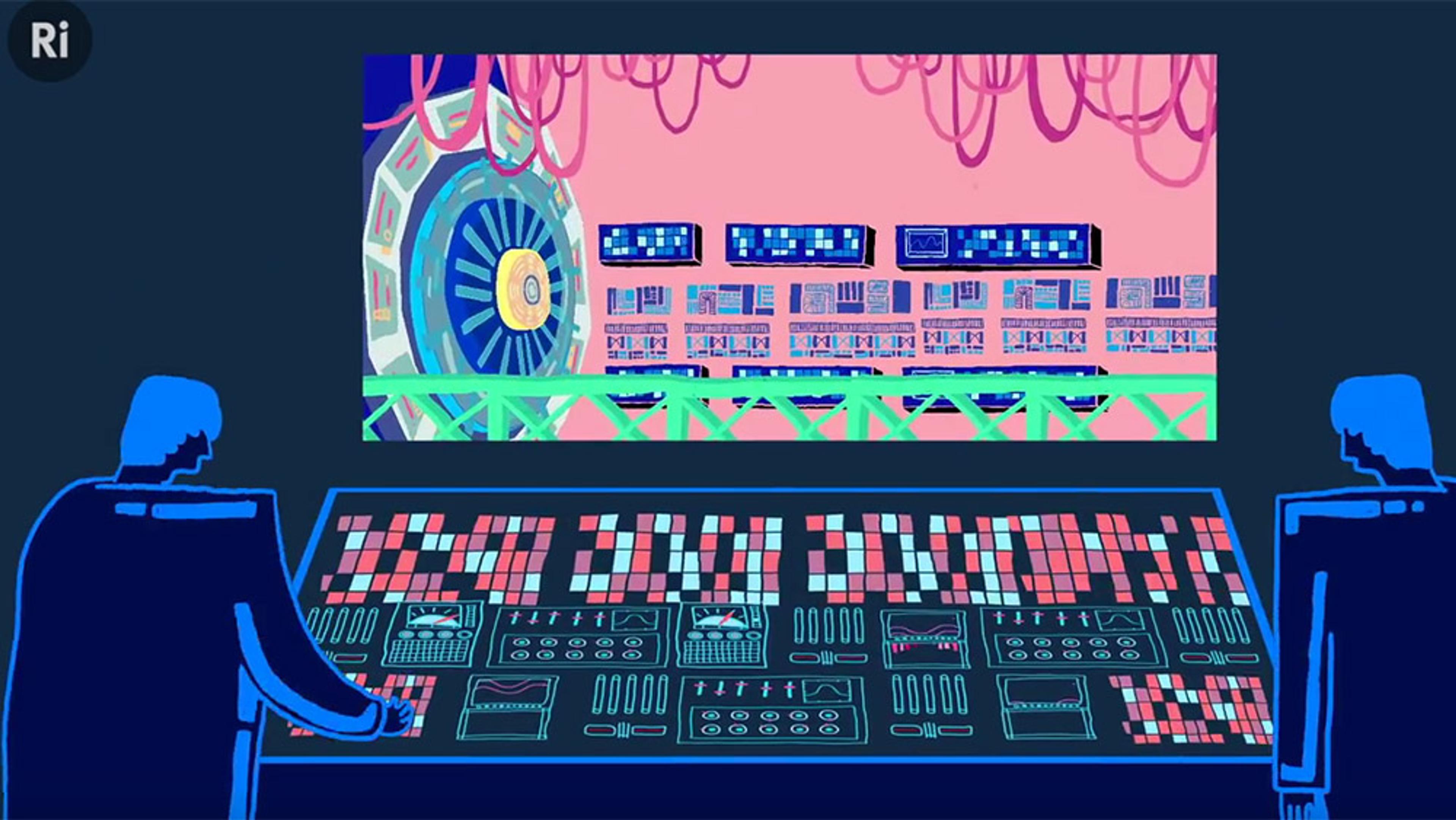Centrifuges are a basic component of any modern medical laboratory. Used to separate different types of cells within a blood sample by spinning them extremely quickly, they are an essential tool for detecting many diseases. Due to the price of equipment and a lack of electricity, however, many medical centres in resource-poor areas lack access to the technology. After seeing this problem first-hand on a visit to Uganda, Manu Prakash, professor of bioengineering at Stanford University, thought up a new tool that wouldn’t require any electricity whatsoever. Inspired by a children’s toy known as the whirligig, Prakash invented the ‘paperfuge’, a hand-powered centrifuge that costs just 20 cents each to produce. Read more about Prakash and the paperfuge at NPR’s website.
‘Sometimes inspiration for big ideas comes from really unexpected places’
Producers: Meredith Rizzo, Madeline Sofia, Andrea Kissack, Joe Palca
Animator: Benjamin Arthur
Website: Joe’s Big Idea

videoEngineering
Meet the man bent on powering the world with vortexes
6 minutes

videoSports and games
Watch Charles and Ray Eames put their 1969 spin on one of the world’s oldest toys
8 minutes

videoMedicine
Could these printable, self-assembling origami robots transform medicine?
3 minutes

videoBiology
Dive deep into an egg cell to see how ageing reboots when a new life begins
2 minutes

videoFuture of technology
Is this the future of space travel? Take a luxury ‘cruise’ across the solar system
6 minutes

videoHistory of science
‘I could not but wonder at it’: history’s first glimpses into the microbial world
7 minutes

videoEngineering
Making tiny things go extremely fast is a monument to human enquiry and creativity
5 minutes

videoMedicine
Once dismissed as quackery, medical leeches are back for blood
4 minutes

videoAutomation and robotics
Human as a process: What awaits us in the coming age of bio-enhancement?
3 minutes